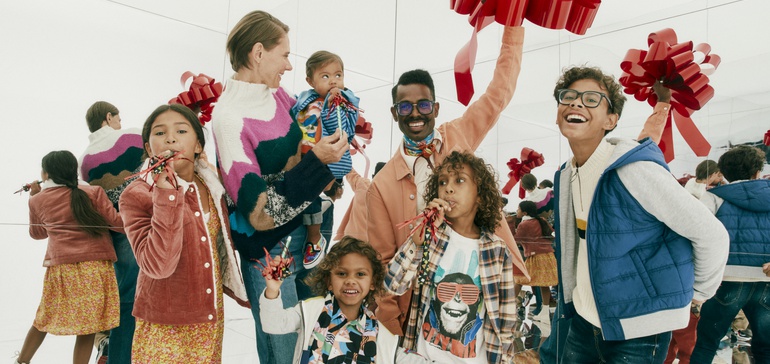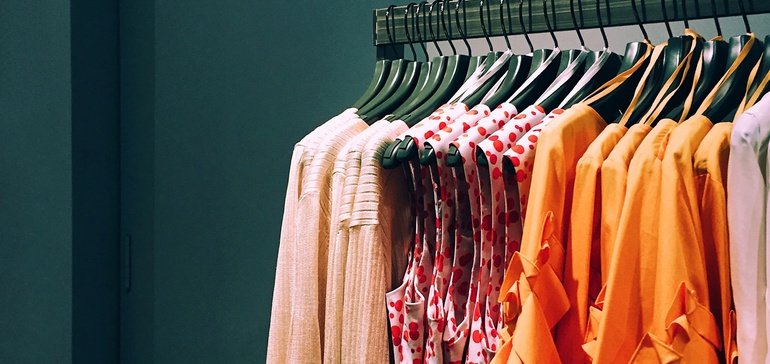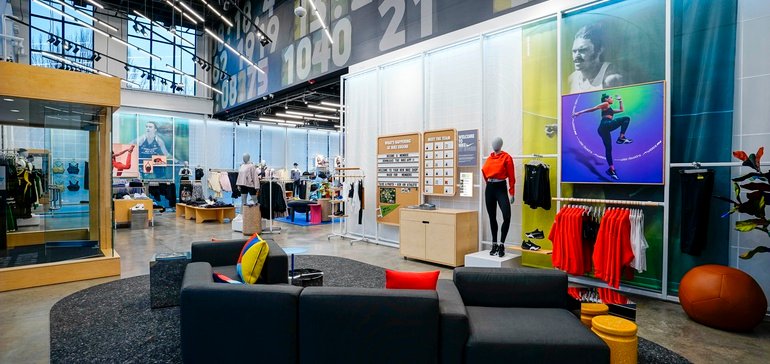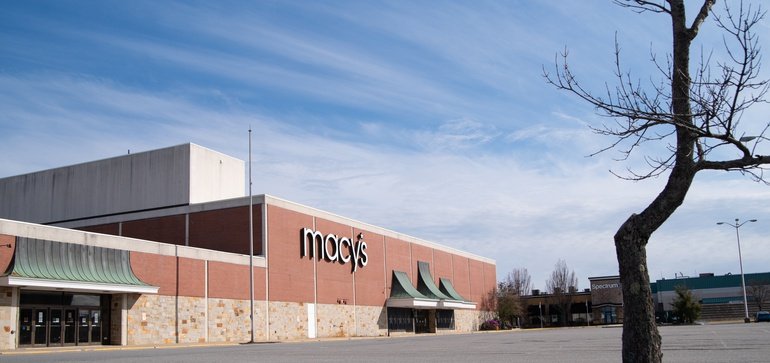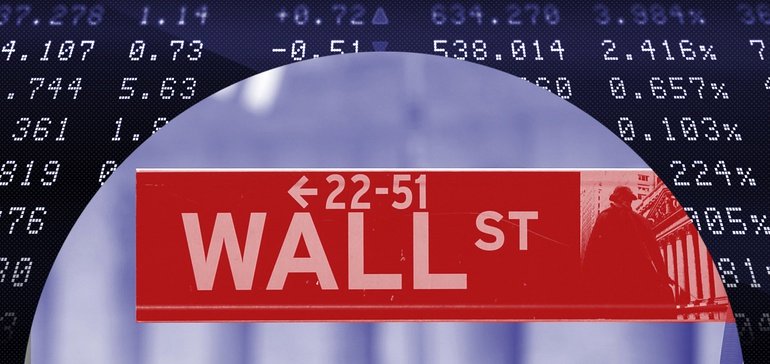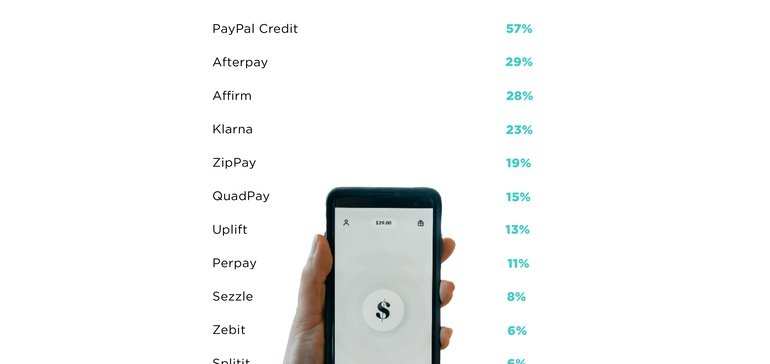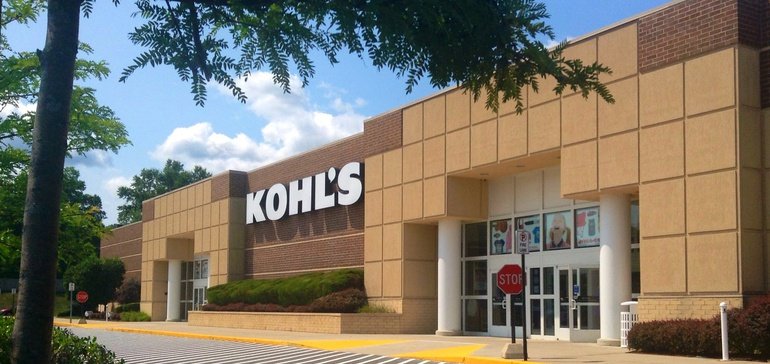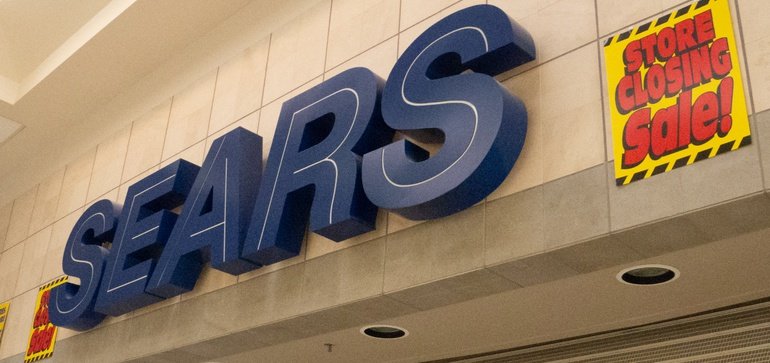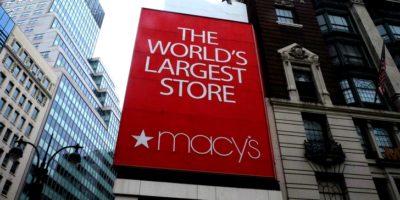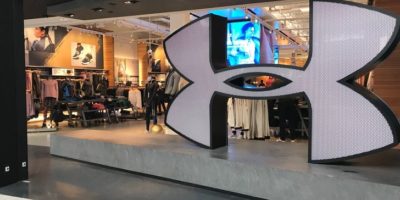Is the enjoyable ever before returning to vacation buying?
In regards to sales, in 2015 was a better vacation than the majority of forecasted. Lukewarm assumptions for the period paved the way to 8.3% development, according to the National Retail Federation. However it had not been an especially wonderful period, with numerous worried for the health and wellness of their family members as the pandemic surged throughout the united state, and also the globe waited on vaccinations to appear.
Customers stayed at home in huge droves, acquiring vacation presents on-line rather, and also merchants attempted to motivate risk-free acquiring actions with curbside pick-up alternatives and also various other comfortably distanced approaches of investing in. Sellers reimagined conventional vacation tasks essentially, and also consumers approved points were mosting likely to be a bit various than common.
This year, there are indicators of a go back to (rather) regular. Macy’s Thanksgiving Day Ceremony is enabling viewers one more time. The outlet store’s Santaland is back, supplying kids the opportunity to share their listings with Santa Claus like years past. As well as yet, it’s still not rather like years past. The pandemic is still with us, and also the delta variation has actually increased customer worries as consumers focus on remaining risk-free.
” For merchants expecting a go back to the excellent old days of 2019 we have a dual dosage of trouble,” Alvarez & & Marsal composed in a customer view record this October. “Not just is customer investing low-key however the modifications in buying habits– caused by Covid and also anxieties of social call– are right here to remain.”
The Majority Of (85%) of consumers are planning to either proceed or increase the buying habits they grabbed throughout the pandemic, consisting of BOPIS and also curbside, the company located. That leaves simply 15% that anticipate to “totally go back” to their old buying practices. That might indicate even more ecommerce once more, which expanded enormously for the majority of merchants in 2015 as customers remained cloistered in their houses.
As well as numerous customers are still worried regarding their financial resources also. Alvarez & & Marsal located that “total customer positive outlook is weak,” with around 58% of consumers anticipating their household’s monetary circumstance to either remain the exact same or intensify in the following 6 months.
With the pandemic still haunting the general public, and also monetary worries hanging over customers’ heads, it’s tough to state whether the “pleasure” of the period will certainly return this year. There are some indicators, at the least, that it will not be as interfered with as in 2015.
” Right or wrong, there’s a specific complacency amongst us. Those that are immunized really feel a bit a lot more certain in going out,” Brendan Witcher, vice head of state and also primary expert at Forrester, stated. “All you need to do is most likely to any kind of mall, already, in advance of the vacations, and also you’re visiting that individuals are out, they’re going shopping, they’re acquiring, they’re hanging out in shops.”
‘ Nobody desires Santa to be a superspreader’
With vaccinations ending up being commonly offered in the united state this year, the holiday will, somehow, be extremely various than in 2015’s, when the danger of a pandemic rise maintained numerous consumers residence as opposed to going to household or out in shopping mall. However the habits customers grabbed throughout the pandemic have not always left, and also health and wellness worries are still dogging customers.
Alvarez & & Marsal’s current research study located a 3rd of participants mentioned health and wellness worries as a factor they would not be going shopping as high as they could such as to, while a current united state customer view record from McKinsey located a bulk of consumers were expanding cautious one more time of out-of-home experiences and also accepting the “homebody economic climate.”
Buying in shops is still triggering stress and anxiety for 40% of consumers, according to a current Deloitte record, though that is down 11 percent factors from in 2015. As well as some are anticipating that ecommerce will certainly climb once more this year, in spite of massive development in ecommerce in 2015.
Because setting, merchants are charged with not simply developing vacation experiences, however guaranteeing they really feel risk-free sufficient for consumers to take part. For this reason, why despite the fact that Macy’s Santaland is practically back, youngsters will not be welcomed to rest on Santa’s lap this year. They’ll be sharing their Xmas listings from 6 feet away.
” Remaining on Santa’s lap is perhaps a renowned component of going to Santa, however it’s [also about] entering that room that’s embellished, has a tree, has some snow, has some presents, has the songs– and also all of those points can return.”
Karthik Easwar
Affiliate Training Teacher of Advertising And Marketing at Georgetown College
” Nobody desires Santa to be a superspreader, right? That would certainly be most likely the most awful heading of the year,” Witcher stated, keeping in mind the preventative measures are clever on Macy’s component.
The view of masks on consumers or volunteers could be a tip of the pandemic, however the majority of customers are so utilized to them that they’re fairly unnoticeable and also most likely will not influence the satisfaction of the occasion a lot, according to Witcher. The joy and also total enjoyment of going to Santa is additionally around greater than simply the possibility to present for a picture.
” Remaining on Santa’s lap is perhaps a renowned component of going to Santa, however it’s [also about] entering that room that’s embellished, has a tree, has some snow, has some presents, has the songs– and also all of those points can return,” stated Karthik Easwar, associate training teacher of advertising at Georgetown College. “Also if you’re standing 6 feet from Santa, informing him what you desire for Xmas.”
To Easwar, these sort of preventative measures around conventional vacation occasions permit consumers to, typically, go back to their common household practices, also if they just obtain “90%” of the experience back. Contrasted to in 2015, 90% is a great deal.
Lauren Bitar, head of understandings at RetailNext, indicated the capacity to manage tenancy as one more means to adjust vacation experiences to a year still partly affected by the pandemic. That not just stops shops from being jammed however additionally assists affiliates to “far better control the experience” throughout a labor scarcity that’s making it challenging for merchants to locate employees.
The quantity and also degree of preventative measures might additionally rely on what various other merchants are doing regarding a specific problem. Customers and also merchants both have a tendency to run based upon group knowledge around the pandemic, according to Witcher, which will likely proceed, with merchants including or axing preventative measures as others in the room do.
” I would certainly not be shocked if we see the patterns to exterior vacation experiences raise– and also I would certainly state that’s twofold,” Easwar stated. “One, it offers a degree of convenience or security to the experience that it is outdoors as opposed to inside, that you could be able to room out a bit greater than you would certainly in a restricted room. I assume the opposite side of it is, extensively talking, a great deal of individuals have actually been caged for 18 months, so simply being outdoors behaves.”
Will support be back in vacation advertising this year?
Beyond browsing in-person tasks, merchants will certainly have one more challenging year of striking the best tone with their advertising. The pandemic isn’t gone, however the united state is not in the exact same location it was in 2015 with anxieties of COVID-19 running so high that the common joyful vacation advertising really felt out of location. McKinsey’s current record on customer view located that total positive outlook pertaining to COVID-19’s effect has actually enhanced this year, however pessimism has actually additionally bordered up. In August this year, 43% of participants shared positive outlook regarding the united state financial healing after COVID, while 16% shared pessimism and also 41% had actually blended sensations.
” In 2015 was truly vital to not be tone-deaf to the circumstance,” Witcher stated. This year, nonetheless, will certainly be various, with brand names probably motivating alternative networks like BOPIS and also curbside instead of always recognizing the pandemic. “That’s a clever step due to the fact that it’s claiming that the pandemic is still right here, however it’s not [explicitly] claiming the pandemic is still right here. Since it’s not evident to the customer that I’m being informed to utilize get online, grab in shop or curbside or ship-to-home for the pandemic. I’m obtaining informed that, well, even if.”
One more somewhat a lot more hidden message this period might connect right into the supply chain. Sellers have actually currently started pressing customers to go shopping previously this year, and also the complete degree of supply chain difficulties has actually come to be so popular that customers are also preparing for stockouts. Nevertheless, merchants can be clever regarding what they’re advertising to customers without always defining their difficulties to consumers.
Urging customers to go shopping early will permit merchants to get understanding right into trending items to put their last orders early this year, according to Witcher, and also store-wide discount rates or category-wide discount rates will certainly permit merchants to provide promos without encountering stock scarcities. In expectancy of stock difficulties, Bitar anticipates the feeling of seriousness in vacation advertisements to increase this year also.
” There’s constantly that in the vacations anyhow, however this period it resembles: ‘This is mosting likely to fly. We do not have a great deal of it. Beginning your buying currently,'” Bitar stated. “It’s quite like they’re riding the line they constantly like, which is ‘Obtain it currently prior to it’s gone,’ however to the umpteenth level.”
Some merchants are additionally going back to even more lively advertising efforts. Nordstrom in October introduced its vacation project, “Celebrate,” which “was motivated by the delighted, occasionally humorous mid-revelry minutes that transform the period right into a party.” The project reveals friends and families “experiencing actual pleasure and also link” by being with each other.
” Keep in mind those incredible points we utilized to do from, you understand, permanently up until 2019? Allow’s obtain that back this year.”
Karthik Easwar
Affiliate Training Teacher of Advertising And Marketing at Georgetown College
Neiman Marcus is also fixating the “view of event and also joy” with its vacation project, “Commemorate Big, Love Also Larger.” Principal Retailing Policeman Lana Todorovich especially kept in mind that customers would certainly be “commemorating face to face once more” this year with loved ones, and also the project video clip is concentrated on love and also togetherness.
Include J.C. Penney, as well, to the checklist of merchants getting to back for pleasure in vacation advertising. The outlet store explains its vacation project as fixating “time with friends and family and also sharing pleasure with others.” The advertisement will certainly stress “the easy delights” of unique minutes with loved ones.
In 2015, projects like these might not have actually been proper. However this year, Easwar claims these kinds of vacation advertisements might be a lot more common as merchants attempt and also advise consumers of what points resembled prior to the pandemic.
” Keep in mind those incredible points we utilized to do from, you understand, permanently up until 2019? Allow’s obtain that back this year,” Easwar stated. “As well as I assume that’s a somewhat various message than you have actually usually seen in the past where it constantly seemed like, ‘Right here’s the amazing brand-new point.'”
Is ecommerce ‘separating the experience’ from vacation present acquiring?
Several of the enjoyment of the vacations might be returning this year, however with consumers changing even more investing to ecommerce long-term, is the enjoyable of vacation buying in jeopardy of being shed? According to McKinsey, shops saw 5% development in August, however ecommerce sales have actually remained to climb highly, with 30% development in the exact same duration. Around 60% to 70% of consumers get or research study both online and also in shops, according to the study, and also on-line infiltration is around 30% greater than pre-COVID.
Alvarez & & Marsal sees the rate of interest in ecommerce as not always endangering to shops, given merchants buy them. Like McKinsey, the company located that omnichannel buying was preferred and also physical shops “still preponderate” throughout the real acquisition. Online networks were better before and also after acquiring.
As ecommerce surges, however, there’s the possibility for a vicious circle to strike merchants, according to Easwar. Sellers are developing systems for item shipment and also various other eases to deal with the appeal of ecommerce, which additionally indicates customers do not really feel the requirement to check out shops as a lot.
” So equipping the shop earns less feeling, that makes the worth of entering shop to check out items much less important, which after that presses me on-line to go shopping, which after that makes the shop much less important,” Easwar stated.
Providing ecommerce and also very easy pick-up alternatives like curbside are terrific for ease, however they additionally somehow “diminish that common vacation experience,” according to Easwar. The outcome is that what utilized to be one experience– searching for the vacations while appreciating the views and also audios connected with the period– has actually come to be 2: The task-oriented searching for the period and also the even more experiential satisfaction of the vacation setting.
” We intend to seem like points are returning to regular and also the means we do that is to do points we did prior to the pandemic.”
Brendan Witcher
Vice Head Of State and also Principal Expert at Forrester
” Currently, I go shopping on my phone on perhaps Thursday evening while I’m simply seeing television. As well as Saturday, I most likely to a vacation market where it’s not to find away with points however it’s to be because room, consume a warm chocolate or a mulled a glass of wine, associate a pair good friends, walk, see the decors and also return with absolutely nothing always in a bag,” Easwar stated. “It’s practically separating the experience from the products and also solutions you’re acquiring and also obtaining those in various means.”
The continuous increase of ecommerce will just intensify that problem as consumers resort to shipment and also hassle-free pick-up alternatives as opposed to their common shop brows through. However despite having the majority of forecasts consisting of an increase in ecommerce once more this year, Witcher assumes that the opposite will certainly occur.
” We intend to seem like points are returning to regular, and also the means we do that is to do points we did prior to the pandemic,” Witcher stated. “We’re practically attempting to will certainly it to occur. By going out, the infection is mosting likely to observe we’re going out, and also it’s mosting likely to quit, right?”
All at once, Witcher anticipates that as consumers possibly go back right into shops this autumn and also winter months, merchants will certainly also go back from supplying solutions like curbside. He indicated Costco, which need to be “the poster youngster” for curbside, as an example. After lastly presenting a pilot of the solution, the dealer stopped it due to the fact that it had not acquired much grip, according to execs. Witcher assumes this is due to the fact that when consumers appreciate a seller’s experience, they’ll intend to go shopping in the shop, not grab something curbside.
” We do not truly require curbside. For the most part, if we leave your home that indicates we intend to leave your home and also not being in our autos,” Witcher stated. It’s additionally a lot more expensive for merchants than having consumers enter into shops themselves. “I’m urged when I see curbside areas being the just open areas in a shopping mall. I such as that, and also the factor I such as that is due to the fact that it reveals that customers are devoted to buying.”
Ecommerce and also hassle-free satisfaction alternatives were required throughout the elevation of the pandemic in 2015, however long-term it might be a far better indication for the “enjoyable” of buying if consumers go back to physical shops. The splitting up of present acquiring from the experiential components of the period does provide consumers the alternative to select when they simply intend to get items and also when they intend to have an extra complete vacation experience, Easwar stated, however in regards to the total period, that might be a lot more unsafe than valuable.
” We need to have the ability to state that a job can have some feature and also some amusement with each other. That’s what living is, it’s not selecting when you intend to be effective and also selecting when you intend to be amused, it’s heading out and also doing points and also experiencing a mix of amusement and also feature with each other,” Easwar stated. “As well as there’s a thoughtful side of me that claims that is really more suitable as a human experience than this even more financially effective, as you could consider it, experience that I assume we’re beginning to craft even more of.”
Adhere To.
Cara Salpini.
on.
Twitter.
